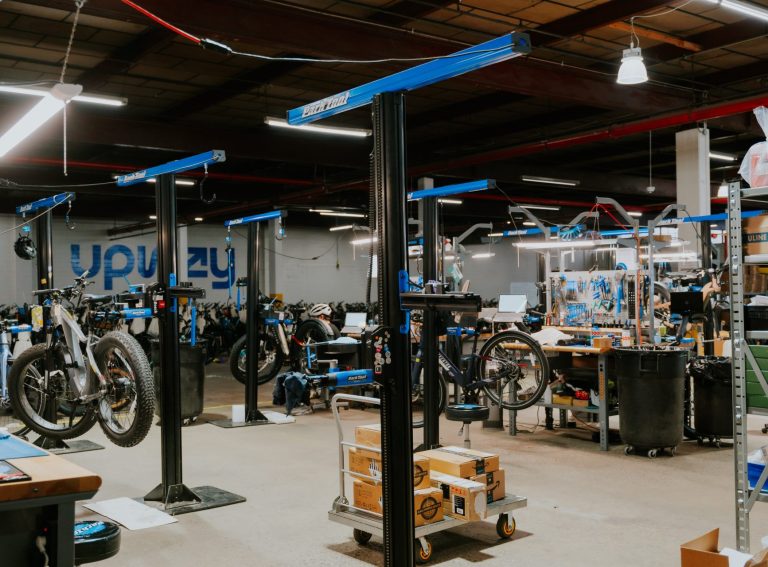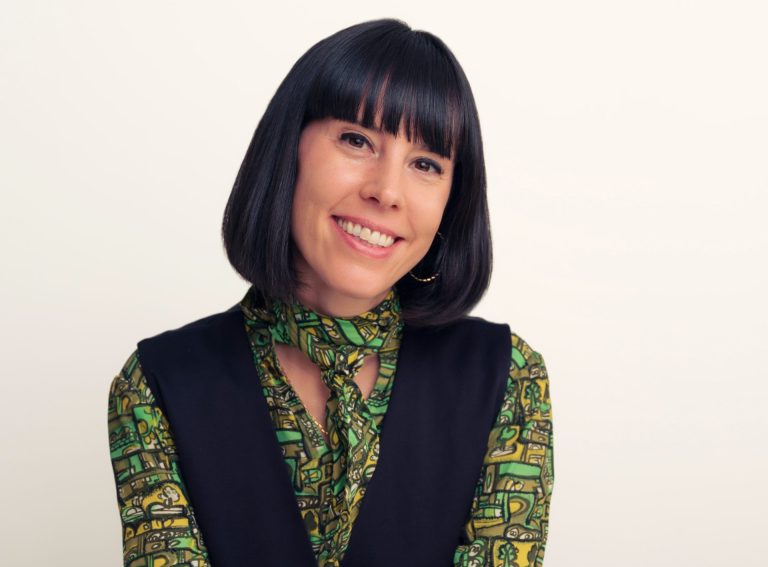Vapaus is a Finnish employee bike benefit service that operates a rather unique B2B2C model. This means that companies act as its clients and their staff are the end users.
After growing sixfold in the space of two years, Vapaus has now caught the attention of lenders and investors. In February of this year it secured a €15 million loan from Norion Bank and then landed a further €10 million in investment following a Series A funding round in August.
“Since 2018, we have purchased close to 22,000 new and used bikes at a value of €60 million,” Eric Deighton, Chief Financial Officer at Vapaus, tells Zag Daily.
“We are transforming Vapaus to an asset heavy approach that is pretty unique in the bike leasing space.”
This strategy is paying off so far as the firm now has more than 1,600 clients in Finland, ranging from small SMEs to larger international firms.
“We have shown that you can build a large fleet and that precycled bike leasing is a viable concept,” Deighton says.
Arriving at Vapaus
Born in Canada, Deighton has lived in Europe for the past 25 years, either in Finland or Ireland.
With experience working for both Nokia and Microsoft in the past, he joined Vapaus in March 2022 less than a year after returning to Helsinki with his family.
Asked what attracted him to the role, Deighton said that his love of cycling made him the “ideal customer”.
“We live by bikes in my family,” he explains.
“My family of four have done more than 80,000km on our e-bike over the past eight years. It is our primary mode of travel. For me, cycling is my place to find space and clear my head. Even in a Helsinki winter, I find it is far less stressful than driving.”
When Deighton first arrived in Finland in 1998 he worked for Cash Converters, which gave him a first hand look at the “immature” second-hand market for bicycles. When applying for the role at Vapaus, he was therefore impressed by the firm’s commitment to creating a service that gives bikes a life-extending “second tour” .
“This is why it is such an interesting business.”
The unique B2B2C model
The Vapaus model functions quite differently from similar employee bike share schemes because it works on an operating lease basis.
This means that the employer leases the bikes directly from Vapaus, and is then able to offer it as a benefit to employees.
“Our model means that employers are liable for the bikes, rather than their employees,” explains Deighton.
How this works in practice is also unique. In 90% of cases, the user goes to a store and chooses a bike, which the shop then sells to Vapaus. The other 10% are managed via online stores.
“This process kicks off the agreement,” Deighton says.
“The bike shop will then go into our platform, where we have all the considerations and data required to create the service agreements. If the employer has pre-approved the purchase then they can walk away with the bike that day.”
By purchasing the vehicles up front through bank financing, Deighton believes that Vapaus has adopted an asset heavy approach that is uncommon within bike leasing schemes.
“We want to offer the best Employer experience possible by bringing them onto the balance sheet, even if that costs us a bit more.
“But as we continue to grow our fleet we can drive down the cost of borrowing because we are using the employer receivables as the collateral for our debt.”
Finding financing
Although Vapaus has been able to build a substantial fleet in a short space of time, Deighton admits that finding financing for bikes is often a challenge.
“Bikes do not have a vehicle identification number (VIN), which most banks’ legal departments consider an essential criteria,” he explains.
“As a result they won’t class bikes as assets, and many therefore will think twice before providing financing.”
This trend is reflected in the fact that most vehicle leasing companies have not expanded into bikes. However, Deighton believes this is a missed opportunity.
“Financial markets underserve the financing of bicycles as assets,” he continues.
“When you consider the impact of cycling on the environment and people’s health, in addition to the growing popularity of e-bikes, the opportunity is huge.” However, Norion Bank saw the potential and committed to lend Vapaus €15 million earlier this year.
When Norion carried out an extensive analysis of the case and chose to support the business, this was a major vote of confidence in Vapaus’ asset heavy model.
“I think more lenders should have the bravery to invest in business models that are focused on sustainability,” he says.
“It takes capital to make the transition away towards environmentally friendly mobility solutions.
“We want to take this capital and multiply it by 20 in the coming few years by putting it to work,” Deighton concludes.





